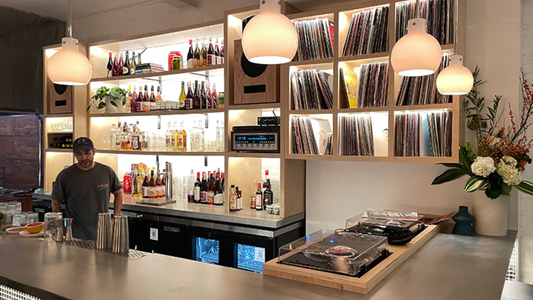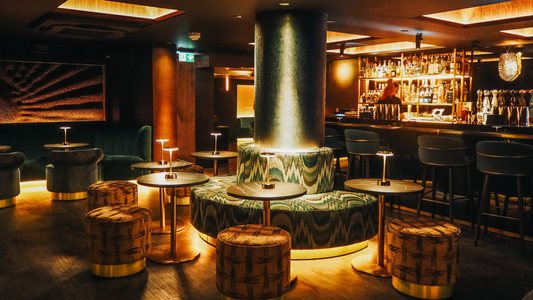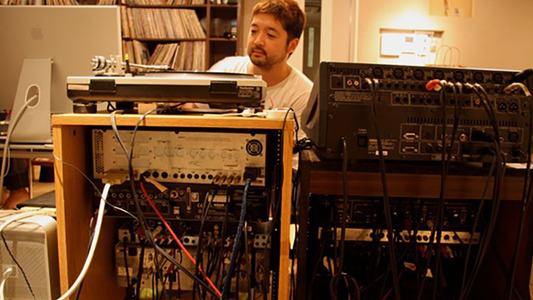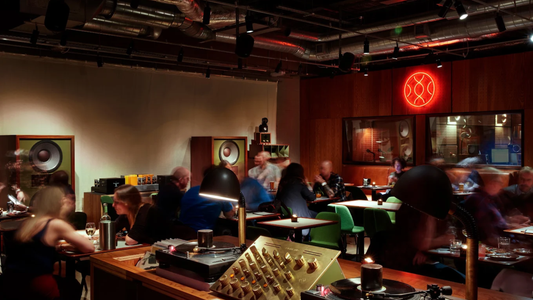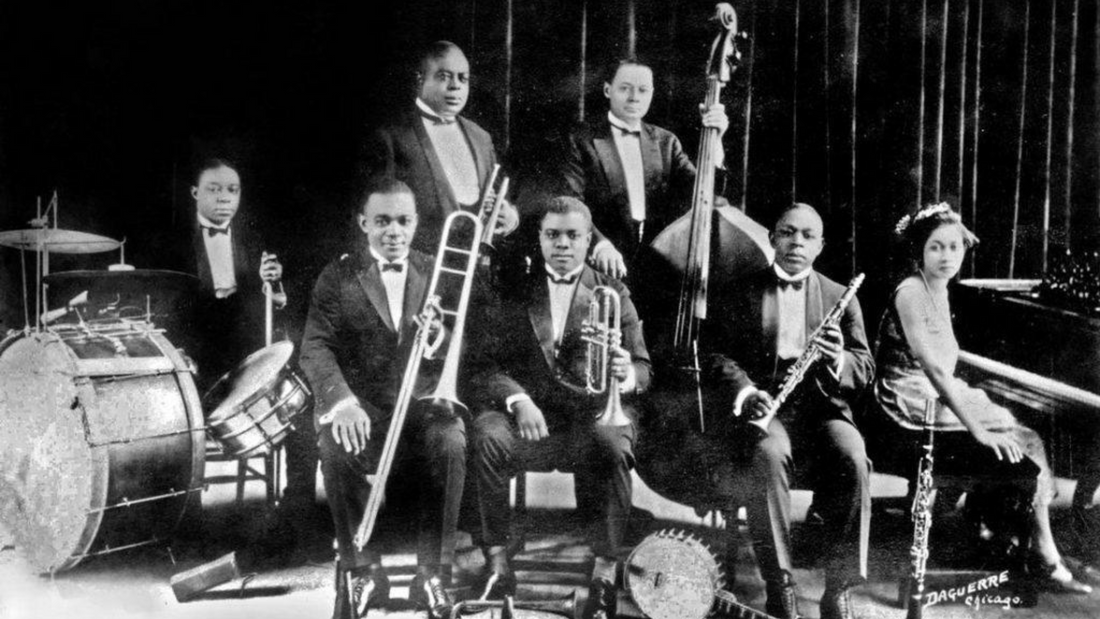
Chicago: The City That Breathes Jazz
By Rafi Mercer
Chicago has always carried itself on rhythm. The city breathes in time, its skyline as syncopated as the horns that once spilled from South Side clubs. To talk about jazz without Chicago is to miss its body, its grain, its grit. This is the city that took music from the South and gave it steel, that turned migration into innovation, that made sound feel like architecture.
Walk down Michigan Avenue or drift through Bronzeville and you sense it still — echoes of Louis Armstrong, Sun Ra, Herbie Hancock, all in different ways tied to Chicago’s pulse. The city’s music is not polite; it is restless, urgent, forward. Jazz here was never only about form; it was about freedom, about bending sound until it carried the weight of life lived under pressure. And yet, alongside this urgency, there is something else: a discipline of listening, an insistence that music be treated not as background but as atmosphere.
That discipline is now finding its modern home in listening bars. To sit in one of these Chicago rooms is to feel the lineage directly. A stylus lowers, the groove catches, and suddenly the city’s noise fades into focus. Outside, traffic roars; inside, you hear the exact moment a horn player draws breath. In a place built on industry and grit, the listening bar feels almost radical: silence in a city that rarely rests.
Chicago is different from New York. Where New York jazz feels vertical, pressed into basements and skyscraper studios, Chicago jazz feels horizontal, spread across neighbourhoods, reaching from the South Side to the North. The city’s geography seeps into its sound. And compared to Berlin, with its austere minimalism, Chicago offers warmth, edge, community. If Berlin sharpens silence, Chicago thickens it, makes it communal, something you share in the room. In this sense it also echoes London, another city that has absorbed migration and remixed it into a culture of depth.
The resurgence of vinyl feels especially at home here. Chicago has always valued weight, tangibility, objects that last. Records were never just consumables; they were archives, testimonies, evidence of nights lived in smoky clubs. Independent record stores still thrive, collectors still swap Japanese pressings of Blue Note and Impulse titles, and young listeners build shelves that speak of permanence in a streaming age. To drop the needle on Kind of Blue — Miles Davis, whose own journey crossed through Chicago’s air — is to feel continuity. That record remains a manifesto for slow listening, and hearing it here gives it another accent, as if the city itself leans into each note.
There is also whisky in this culture. In a city where winter bites hard, a dram shared with a record feels natural. The warmth of the spirit slows the body, tunes the ear, deepens the groove. Bars here increasingly pair sound and drink with the same care, echoing what we’ve seen in our explorations of whisky in the listening bar. It is another layer of ritual — the pause, the sip, the sound, all in rhythm.
What fascinates me most is how Chicago listens socially. Silence here is not monastic but communal. In Silence is a Luxury, I wrote about how stillness can be as radical as noise. In Chicago, that stillness is shared. You hear it when the room falls quiet for a solo, when voices dim out of respect, when the record commands the moment. It is a discipline born of performance, honed in clubs, now repurposed in listening bars where vinyl carries that discipline forward.
Chicago is not importing the kissa model wholesale. It doesn’t mimic Tokyo, nor does it try to replicate Berlin. Instead, it translates the logic of listening into its own dialect. The rooms are warmer, the atmosphere looser, but the respect is no less intense. The bars carry the city’s grain — the rough edges, the communal ease, the sense that music is always tied to lived experience.
To step outside afterwards is to feel the city differently. The wind cuts sharp off the lake, the El rattles above, conversations rise from bars and restaurants. Yet your ear is tuned otherwise. You notice the rhythm in footsteps, the harmony in the hum of trains, the syncopation in traffic. Chicago plays itself everywhere, and the listening bar teaches you how to hear it.
This is why Chicago belongs at the centre of the City Atlas. It proves that listening bars are not only about importing Japanese devotion or European austerity. They can grow organically in a city already steeped in music, a city where performance is everywhere and listening is the other half of the rhythm. Chicago listens differently because it has always lived differently — urgent, communal, raw, yet capable of stillness when the record turns.
To listen here is to feel the city breathe. Jazz is not past tense in Chicago; it is atmosphere. It fills the bars, the streets, the grooves of vinyl pressed and replayed. And when you slow down enough to hear it, you realise that this city doesn’t just play jazz. It is jazz.
Rafi Mercer writes about the spaces where music matters. For more stories from Tracks & Tales, subscribe, or click here to read more.
